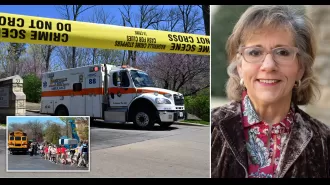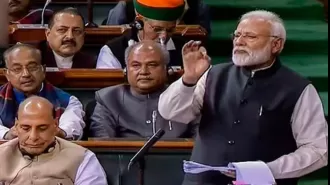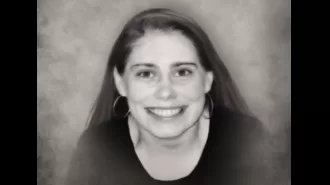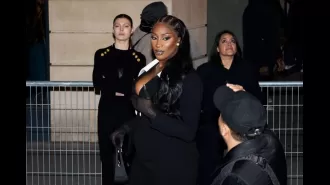UN court orders Israel to stop Rafah military operation; Israel probably won't obey.
UN court orders Israel to stop military operations in Gaza's Rafah, adding pressure on the already isolated country amidst criticism of its actions in the conflict.
May 24th 2024.
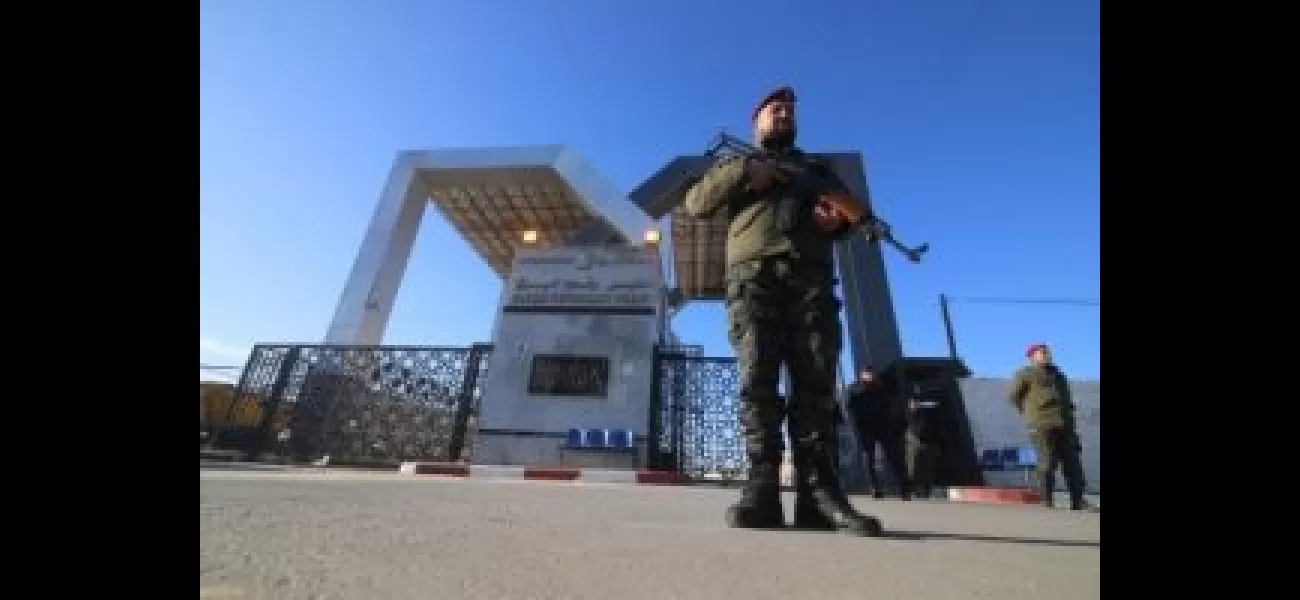
The Hague, a city known for its international influence and the location of the United Nations, was abuzz with news on Friday. The top UN court had issued a ruling that ordered Israel to immediately stop its military operations in the southern Gaza city of Rafah. The situation was tense as Israel, known for its strong-willed stance, was unlikely to comply with such an order. This ruling would surely add to the mounting pressure on the already isolated country.
The criticism against Israel's conduct in the ongoing war in Gaza had been steadily growing, even from their closest ally, the United States. The US had warned against an invasion of Rafah, where thousands of Palestinians had taken shelter from the fighting in other areas. The situation had become so dire that three European countries had announced their recognition of a Palestinian state. Adding to the heat, the chief prosecutor of another UN court had requested the arrest of top Israeli leaders, along with Hamas officials.
The Israeli Prime Minister, Benjamin Netanyahu, was facing immense pressure from his own people to end the war. The conflict had been sparked when Hamas-led militants had stormed into Israel, resulting in the death of 1,200 people, mostly civilians. The militants had also taken around 250 people as hostages. This had led to thousands of Israelis joining weekly demonstrations to urge the government to reach a deal and bring the hostages home, fearing that time was running out.
Although the ruling by the International Court of Justice was a blow to Israel's international standing, the court did not have the power to enforce its orders. This had been evident in another case on the court's docket, where Russia had ignored a 2022 order to halt its invasion of Ukraine. Israel had also made it clear that they would not comply with the ICJ's order to stop its operations in Gaza. Avi Hyman, the government spokesperson, had stated firmly that no force on earth could stop Israel from protecting its citizens and going after Hamas.
The president of the court, Nawaf Salam, had read out the ruling, while a small group of pro-Palestinian protesters had demonstrated outside. The court had expressed concerns over the humanitarian situation in Rafah, which had been deteriorating rapidly, and had deemed it as disastrous. However, the court had not called for a full cease-fire throughout Gaza, as requested by South Africa at the hearings last week.
The request for a cease-fire was part of a case filed by South Africa last year, accusing Israel of committing genocide during its Gaza campaign. Although Israel had vehemently denied these allegations, the case was expected to take years to resolve. In the meantime, South Africa had requested interim orders to protect Palestinians while the legal proceedings continued.
At the public hearings, South Africa's ambassador to the Netherlands had urged the court to order Israel to completely withdraw from the Gaza Strip. The court had already acknowledged that Israel's military operations posed a real and imminent risk to the Palestinian people. The ongoing offensive had resulted in the deaths of over 35,000 Palestinians, as reported by Gaza's Health Ministry. The operation had also destroyed entire neighborhoods, displaced hundreds of thousands of people, and pushed parts of the territory into famine.
Irish lawyer, Blinne Ní Ghrálaigh, who was part of South Africa's legal team, had stressed the urgency for the court to take action. She had stated that this could be the last chance for the court to make a difference. However, Israel had rejected these claims, citing their efforts to minimize harm to civilians in Gaza.
In January, the ICJ had ordered Israel to do everything in its power to prevent death, destruction, and acts of genocide in Gaza. However, they had stopped short of ordering an end to the military offensive. In March, the court had also ordered Israel to take measures to improve the humanitarian situation. While the ICJ settles disputes between nations, the International Criminal Court, located just a few kilometers away, deals with individual cases of war crimes, crimes against humanity, and genocide.
Just a few days ago, the chief prosecutor of the ICC, Karim Khan, had announced that he had requested arrest warrants for Netanyahu, Defence Minister Yoav Gallant, and three top Hamas leaders. They were accused of war crimes and crimes against humanity in both Gaza and Israel. However, since Israel is not a member of the ICC, there is no immediate threat of prosecution for the leaders. But the possibility of arrest warrants could make it difficult for them to travel abroad.
The criticism against Israel's conduct in the ongoing war in Gaza had been steadily growing, even from their closest ally, the United States. The US had warned against an invasion of Rafah, where thousands of Palestinians had taken shelter from the fighting in other areas. The situation had become so dire that three European countries had announced their recognition of a Palestinian state. Adding to the heat, the chief prosecutor of another UN court had requested the arrest of top Israeli leaders, along with Hamas officials.
The Israeli Prime Minister, Benjamin Netanyahu, was facing immense pressure from his own people to end the war. The conflict had been sparked when Hamas-led militants had stormed into Israel, resulting in the death of 1,200 people, mostly civilians. The militants had also taken around 250 people as hostages. This had led to thousands of Israelis joining weekly demonstrations to urge the government to reach a deal and bring the hostages home, fearing that time was running out.
Although the ruling by the International Court of Justice was a blow to Israel's international standing, the court did not have the power to enforce its orders. This had been evident in another case on the court's docket, where Russia had ignored a 2022 order to halt its invasion of Ukraine. Israel had also made it clear that they would not comply with the ICJ's order to stop its operations in Gaza. Avi Hyman, the government spokesperson, had stated firmly that no force on earth could stop Israel from protecting its citizens and going after Hamas.
The president of the court, Nawaf Salam, had read out the ruling, while a small group of pro-Palestinian protesters had demonstrated outside. The court had expressed concerns over the humanitarian situation in Rafah, which had been deteriorating rapidly, and had deemed it as disastrous. However, the court had not called for a full cease-fire throughout Gaza, as requested by South Africa at the hearings last week.
The request for a cease-fire was part of a case filed by South Africa last year, accusing Israel of committing genocide during its Gaza campaign. Although Israel had vehemently denied these allegations, the case was expected to take years to resolve. In the meantime, South Africa had requested interim orders to protect Palestinians while the legal proceedings continued.
At the public hearings, South Africa's ambassador to the Netherlands had urged the court to order Israel to completely withdraw from the Gaza Strip. The court had already acknowledged that Israel's military operations posed a real and imminent risk to the Palestinian people. The ongoing offensive had resulted in the deaths of over 35,000 Palestinians, as reported by Gaza's Health Ministry. The operation had also destroyed entire neighborhoods, displaced hundreds of thousands of people, and pushed parts of the territory into famine.
Irish lawyer, Blinne Ní Ghrálaigh, who was part of South Africa's legal team, had stressed the urgency for the court to take action. She had stated that this could be the last chance for the court to make a difference. However, Israel had rejected these claims, citing their efforts to minimize harm to civilians in Gaza.
In January, the ICJ had ordered Israel to do everything in its power to prevent death, destruction, and acts of genocide in Gaza. However, they had stopped short of ordering an end to the military offensive. In March, the court had also ordered Israel to take measures to improve the humanitarian situation. While the ICJ settles disputes between nations, the International Criminal Court, located just a few kilometers away, deals with individual cases of war crimes, crimes against humanity, and genocide.
Just a few days ago, the chief prosecutor of the ICC, Karim Khan, had announced that he had requested arrest warrants for Netanyahu, Defence Minister Yoav Gallant, and three top Hamas leaders. They were accused of war crimes and crimes against humanity in both Gaza and Israel. However, since Israel is not a member of the ICC, there is no immediate threat of prosecution for the leaders. But the possibility of arrest warrants could make it difficult for them to travel abroad.
[This article has been trending online recently and has been generated with AI. Your feed is customized.]
[Generative AI is experimental.]
0
0
Submit Comment

